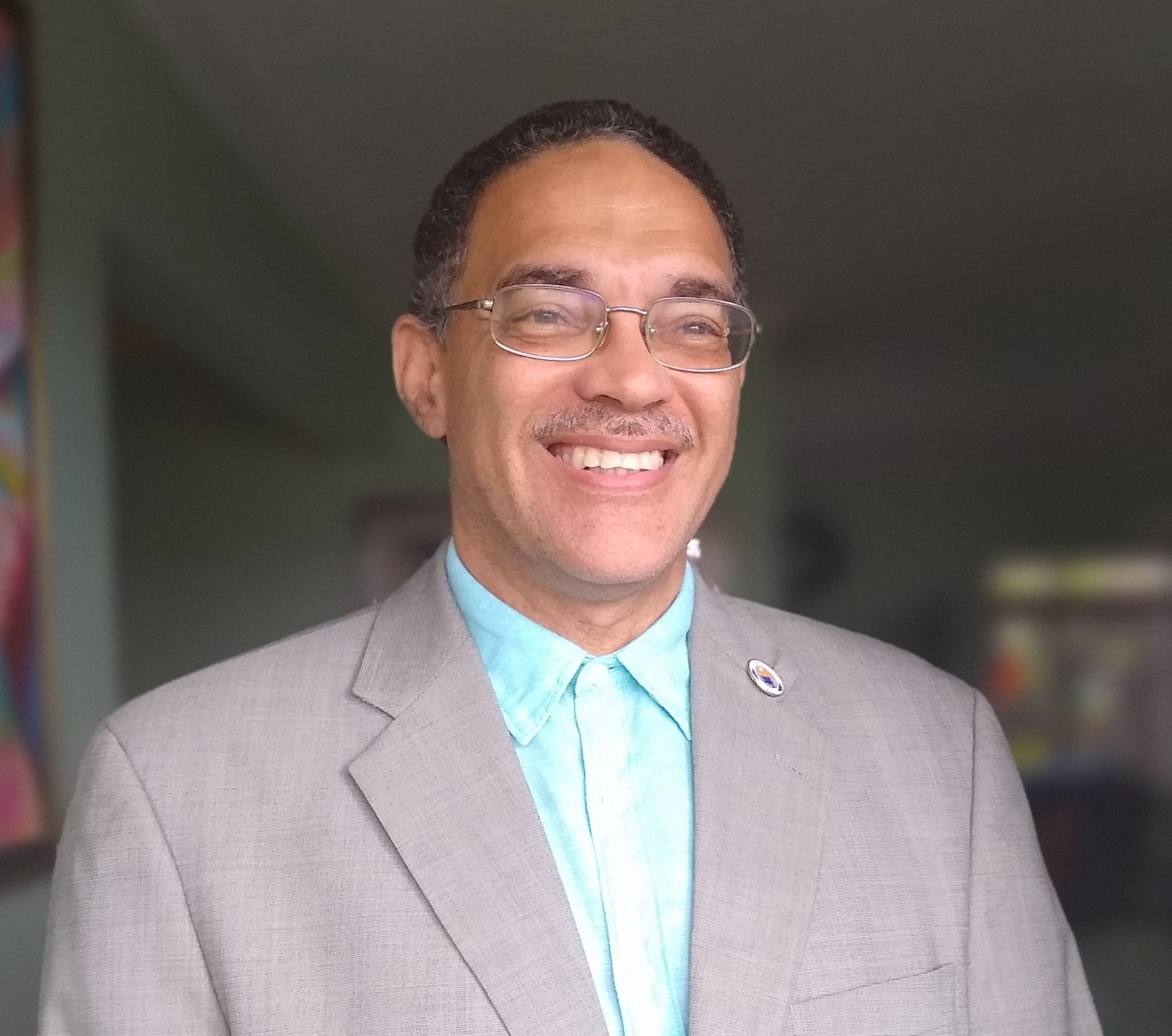Saint Kitts and Nevis Ratifies Cartagena Convention Protocols
St. Kitts and Nevis has solidified its commitment to environmental protection and sustainable development by ratifying two key protocols of the Cartagena Convention: the Specially Protected Areas and Wildlife (SPAW) Protocol and the Land-Based Sources of Marine Pollution (LBS) Protocol. These ratifications, effective September 26, 2024, demonstrate the nation’s dedication to safeguarding the marine environment of the Wider Caribbean Region (WCR) and promoting responsible resource management. This move aligns with global efforts to address pressing environmental challenges and transition towards a more sustainable future.
The Cartagena Convention, adopted in 1983 and entered into force in 1986, serves as the primary legal framework for protecting the Caribbean Sea. With the addition of St. Kitts and Nevis, the SPAW Protocol now boasts 19 contracting parties, while the LBS Protocol has 16. These protocols address critical aspects of marine conservation, focusing on protecting biodiversity hotspots and mitigating the impact of pollution from land-based activities. The ratifications underscore the growing recognition of the interconnectedness between environmental health, economic prosperity, and social well-being within the Caribbean region.
The decision by St. Kitts and Nevis to ratify these protocols has been widely applauded by international organizations and regional partners. Chris Corbin, Coordinator of the Cartagena Convention Secretariat at the United Nations Environment Programme (UNEP), highlighted the significance of this move, emphasizing the Convention’s crucial role in assisting WCR governments in tackling environmental issues while capitalizing on opportunities within the green and blue economies. The ratifications signify a proactive approach to environmental stewardship and a commitment to collaborative efforts for regional conservation.
Dr. Joyelle Clarke, Minister of Sustainable Development, Environment and Climate Action, and Constituency Empowerment in St. Kitts and Nevis, articulated the government’s focus on sustainable development, environmental protection, and biodiversity conservation. She emphasized the importance of aligning legislation and policy with the nation’s ambition to become a Sustainable Island State, prioritizing a protected and pollution-free environment. Dr. Clarke also acknowledged the support provided by the UNEP regional team in facilitating the ratification process. This collaborative spirit reinforces the effectiveness of international partnerships in driving positive environmental change.
The Honourable Samal Duggins, Minister of Agriculture and Marine Resources, underscored the importance of the ratifications in protecting marine ecosystems, crucial for food security, livelihoods, and climate change resilience. Minister Duggins emphasized the government’s commitment to balancing development with the preservation of natural resources for future generations. This balanced approach recognizes the intricate link between economic progress and environmental sustainability, promoting a future where both can thrive harmoniously.
Susana Perera Valderrama, Programme Management Officer of the SPAW Sub-Programme at the Secretariat, welcomed St. Kitts and Nevis’s ratification of the SPAW Protocol, emphasizing its significance for protecting the country’s unique marine biodiversity and supporting regional and global conservation efforts. She encouraged other countries in the WCR to join the SPAW Protocol, strengthening collective action towards safeguarding the Caribbean’s shared natural heritage. Similarly, Laverne Walker, Programme Management Officer for the Marine Pollution Programme, highlighted the importance of the LBS Protocol ratification in mitigating land-based pollution, recognizing St. Kitts and Nevis’s efforts to reduce pollutant impacts and expressing anticipation for continued collaboration. These statements emphasize the collective responsibility for preserving the region’s valuable marine resources. The Cartagena Convention Secretariat, through several ongoing projects, actively supports these goals, including initiatives focused on wastewater management, plastic pollution reduction, and integrated ecosystem management. These projects demonstrate the practical application of the Convention’s principles and the commitment to tangible environmental improvements. The UNEP, as the leading global voice on the environment, plays a crucial role in fostering international cooperation and promoting sustainable practices, inspiring nations and individuals to protect the planet for present and future generations.
Share this content:












Post Comment